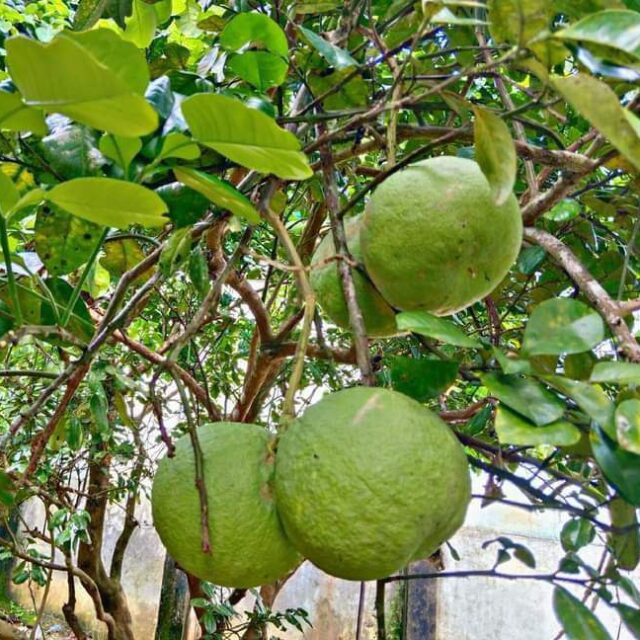Myanmar’s foreign exports from 9 to 15 December 2023 exceeded US$254 million. This week, products such as farm rice, broken rice, sesame, watermelon, cucumber, tissue banana, fruits, rubber, perennial crops, coffee, zinc, copper, and finished industrial goods from the CMP sector and garments were exported. The total export value increased by over $33 million compared to the previous week.
This week, rice exports amounted to $32 million, including broken rice shipped to 20 countries — Indonesia, China, Spain, Poland, the Philippines, Viet Nam and the Netherlands (57,659 tonnes) — and 3,960 tonnes were exported through Lweje, Kampaiti and Kengtung border trade posts.
Due to the impact of El Niño weather on the global rice market, there has been an increase in the supply and demand for rice, leading rice-exporting and importing countries to implement national measures. In Myanmar, according to the statistics from the Ministry of Agriculture, Livestock and Irrigation, the estimated production of monsoon rice and spring rice combined is 13 million tonnes of equivalent rice. Domestic consumption stands at 9.5 million tonnes, resulting in over three million tonnes of surplus. Annually, the country exports a maximum of 3.6 million tonnes, primarily comprising broken rice.
As a nation that is self-sufficient in food and primarily relies on agriculture, it plays a crucial role in exporting the surplus beyond domestic consumption to generate foreign income.
This year, there has been a global increase in demand for rice, leading to higher prices in various world rice markets. Local farmers participating in commodity flow have benefitted from these high export prices, resulting in cost-effectiveness for entrepreneurs. Conversely, the stability of domestic rice prices and the availability of sufficient rice stocks have been effectively managed under the leadership of relevant associations.
Developing a mechanized farming system with high-quality rice varieties makes it possible to significantly increase rice yields, allowing for more significant exports to various foreign countries. To facilitate broken rice export, the Pre-Licence Cargo Inspection, which was previously mandated for 100 per cent of the export licence amount, has been reduced to 50 per cent since 1 December 2023. The state is actively encouraging small and medium-sized entrepreneurs in the rice industry.
For export licence applications involving 260 tonnes or less of broken rice, there has been a relaxation in the inspection requirements for product storage.
It is essential to focus on rice and oilseeds like sunflower, peanuts, sesame, and pulses to enhance domestic food security and boost exports. Farmers’ groups and agricultural associations play a crucial role in improving agricultural production through proper methods, enabling Myanmar to increase its export capacity.
Commodity depots and trade associations are encouraged to collaborate, and business owners and relevant departments have to make concerted efforts in this comprehensive initiative. — MNA/KZW
MoC is striving to boost overseas exports
- December 25, 2023
- 196














